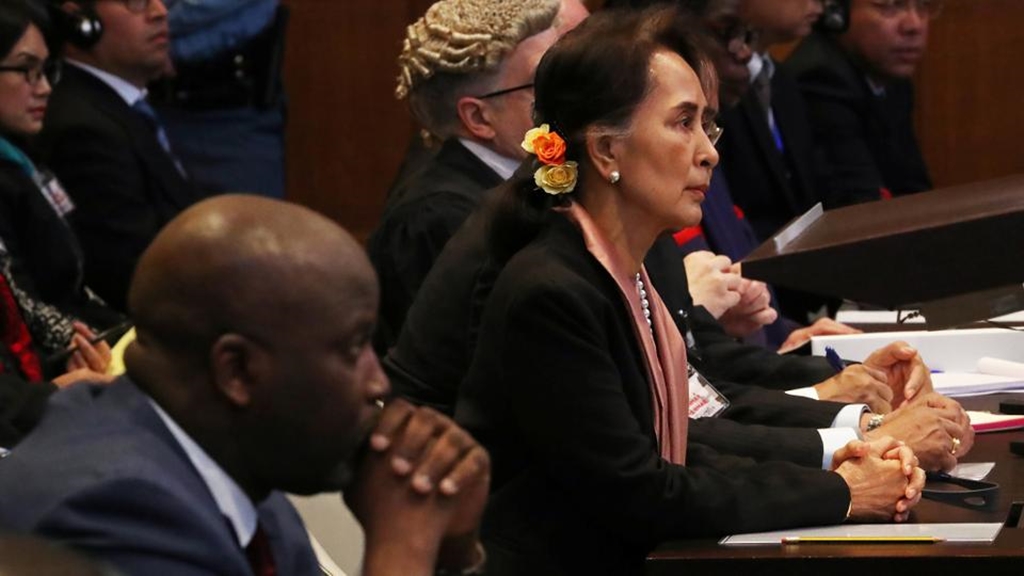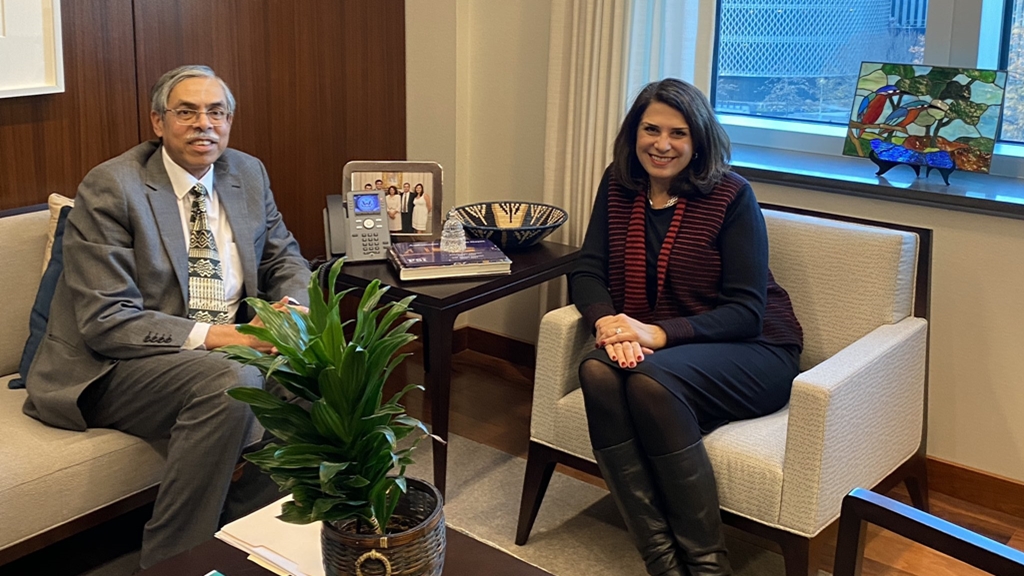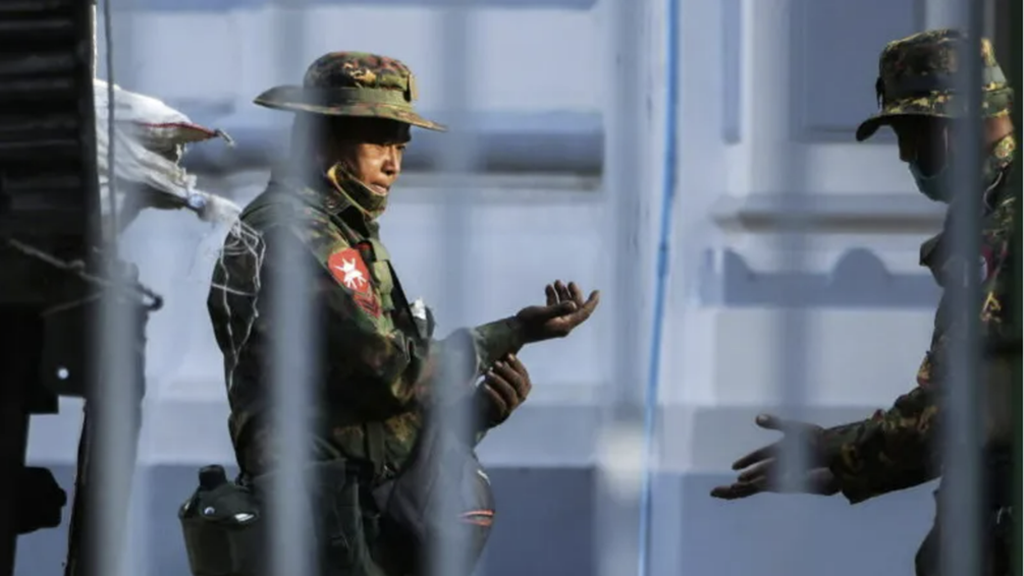
Other nations must join ICJ action on behalf of Rohingya
- 26/09/2020
- 0
By Dr. Azeem Ibrahim, Arab News
The governments of Canada and the Netherlands this month announced in a joint statement that they would be joining The Gambia’s International Court of Justice (ICJ) action against Myanmar for genocide against the Rohingya. The new participants in the suit intend to focus on the sexual violence aspect of Myanmar’s “clearing operations” in particular. This has been expected for some time and there are a handful of other countries that are also considering joining the suit.
What is remarkable about this case, however, is that it took the small African nation of The Gambia to initiate this process at all, while the countries that typically like to portray themselves as the global enforcers of international law, such as the US and UK, have been nowhere to be seen.
In a sense, this is a good thing, both for the international community and for the notion of international law itself. It is not healthy to always rely on just one or two powerful sponsors. The potential for the politicization of these norms and institutions of international conduct in that context is ever-present. So the fact that small African nations can bring such significant legal action to the fore, and that the legal movement started by The Gambia is now aided by middle-sized countries that are beyond suspicion of playing power politics, are both things that should be celebrated.
This is a genuine community-led effort to find legal redress for a genocide and, if these proceedings succeed, this should act as a solid deterrent against such crimes against humanity in the future — at least when the perpetrators are not themselves one of the great powers.
What is disheartening, however, is what the lack of action by other countries says about them. We can suppose that the current US administration would never join in these sorts of actions because it is ideologically hostile to any kind of international institutional order as a matter of principle. But where are the likes of the UK, France and Germany?
Why is the EU continuing to fund Naypyidaw instead of supporting The Gambia’s suit?
Dr. Azeem Ibrahim
The Europeans continue, even in the wake of their handling of the 2015 refugee crisis, to vocally pride themselves on their adherence to the notions of international law and human rights. The EU as a whole also has an autonomous foreign policy executive, which has been actively engaged in Myanmar’s supposed transition to a democratic constitution, and substantial financial aid continues to flow from Brussels to Naypyidaw in the name of the European values of law and the human dignity of all. That is all well and good on paper, until even the civilian government in Myanmar appears to be complicit in the genocide of the Rohingya. Why is the EU continuing to fund Naypyidaw instead of supporting The Gambia’s suit at the ICJ?
The action taken by The Gambia is to be celebrated as a landmark in international law and the history of human rights on our planet. The recent moves by Canada and the Netherlands are also to be commended as a great example of what the West is supposed to stand for, and a model to be emulated by every other country that likes to claim it is civilized. Any countries that join these proceedings in the future on a similar basis as Canada and the Netherlands should also be welcomed and commended. But where is the rest of the international community? Where are all the other countries that appeal to international law when they have disputes with their neighbors or when they wish to claim more territorial waters, and so on? And, most of all, where is the rest of the West?
Dr. Azeem Ibrahim is a Director at Center for Global Policy in Washington, D.C. Twitter: @AzeemIbrahim







